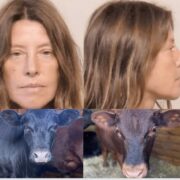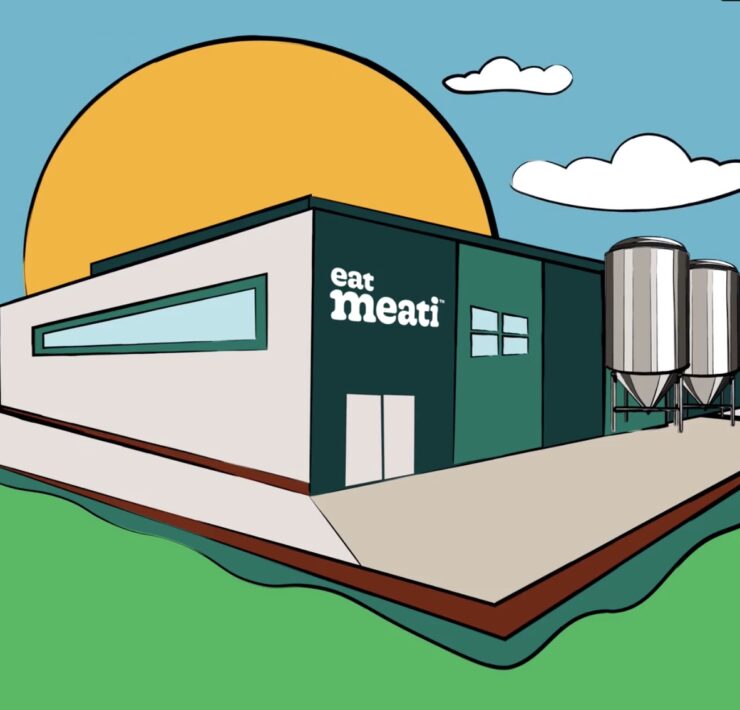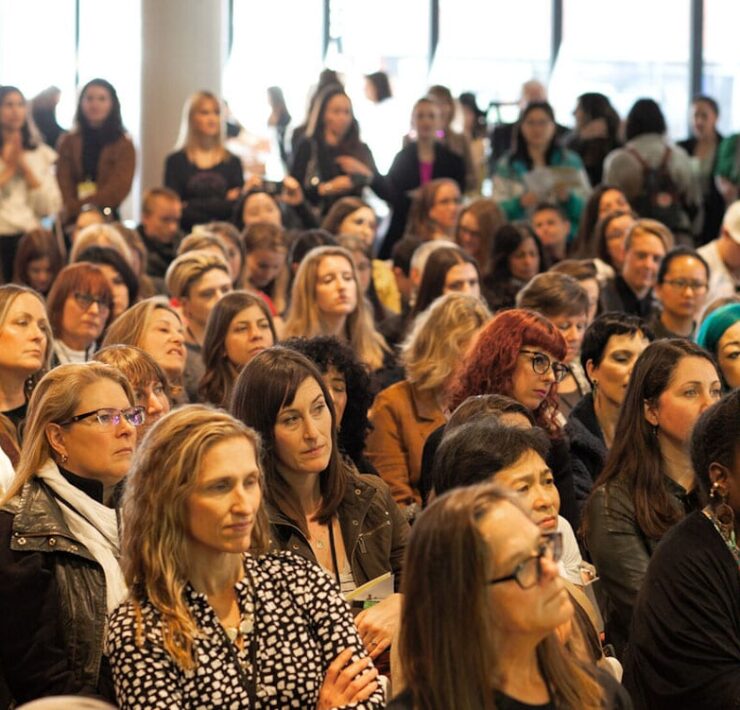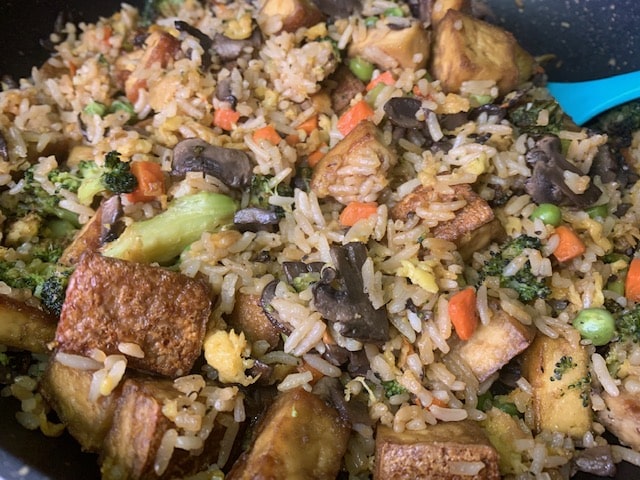Josh Tetrick Is Working On A Future Without Farmed Animals

Josh Tetrick’s creation of a plant-based egg product and cell-cultivated chicken have earned him a place on TIME magazine’s Climate 100 list.
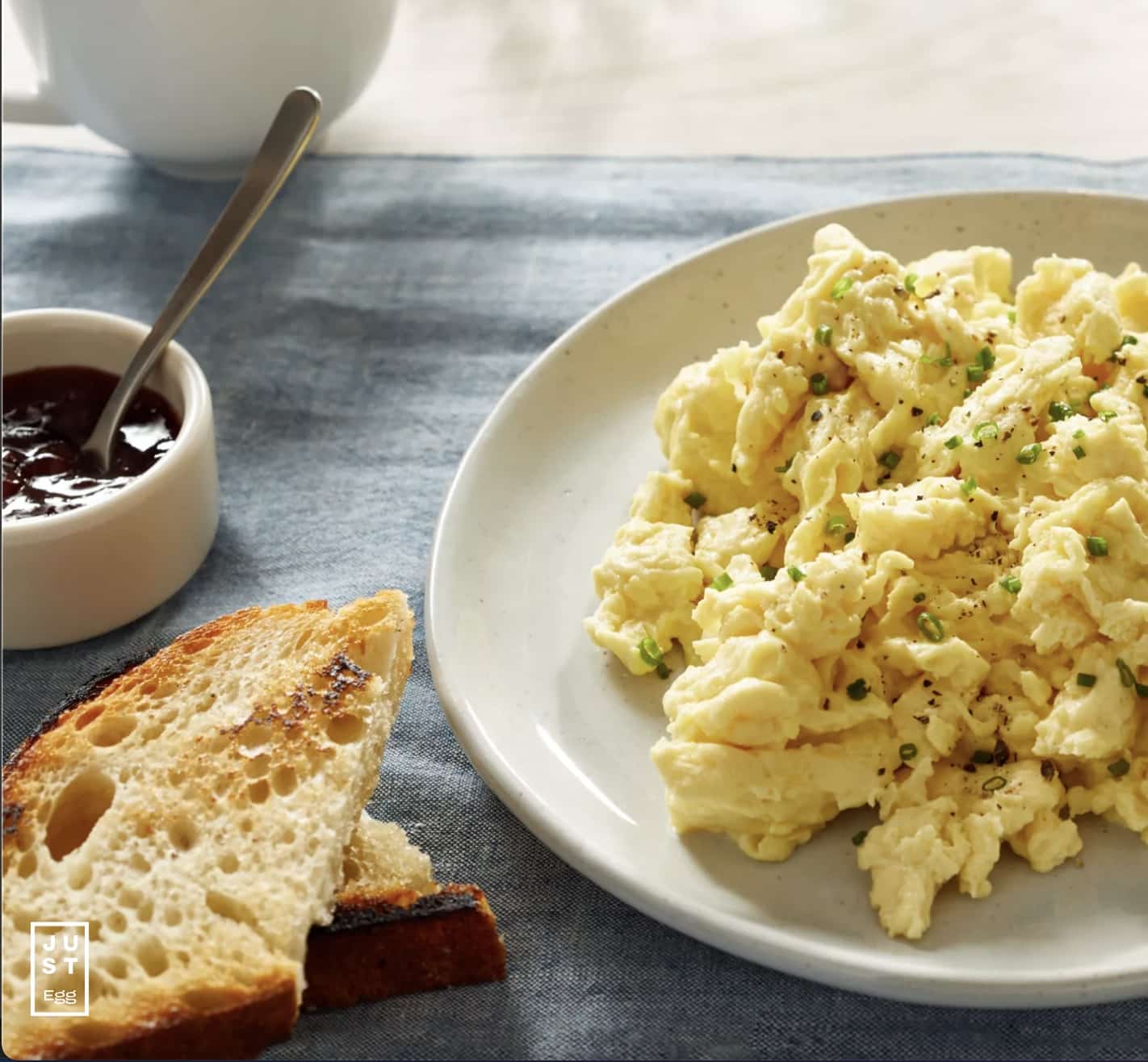
Queens, New York, December 22nd, 2023 – Josh Tetrick is a CEO taking the lead in the alternative protein space. His products are accelerating the acceptance of alternative proteins around the world. His two current products, Just Egg and Good Meat chicken, could secure a future without the inhumane raising and slaughtering of chickens.
A Chicken-less Egg, And Slaughter-free Meat
Just Egg is sold in grocery stores across the country and uses the power of the mung bean to effectively replace eggs in everything from a breakfast scramble to an omelet to baked goods. Mung beans are an ancient seed originating in the Indian subcontinent and are high in dietary fiber and protein.
Good Meat chicken is the first cell-cultivated chicken, which is made directly from animal cells, to have received regulatory approval for sale. Kicking off with their 2020 launch at Singapore’s 1880 club, their novel slaughter-free chicken has received support from the culinary world. Good Meat chicken is now available in the U.S. at Washington DC’s China Chilcano run by world-renowned chef José Andrés.
I got to talk to Tetrick for UnchainedTV’s new interview show Tomorrow’s Plate about the future of alternative proteins. You can watch the entire interview here.
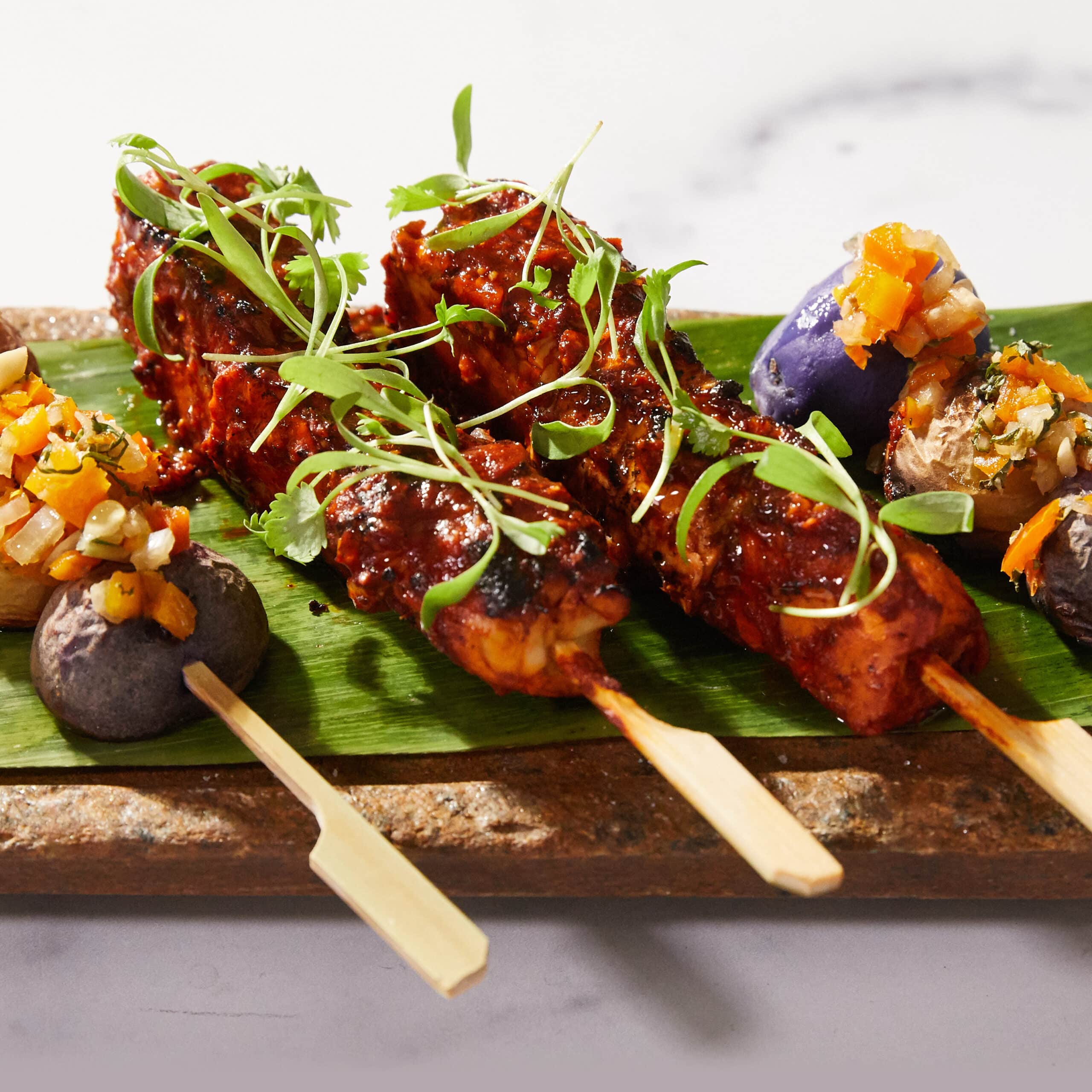
Tetrick hopes to scale the production and distribution of these products globally. In our interview, we discuss what it will take to get there. The stakes couldn’t be higher as, around the world, chickens account the largest percentage of land animals slaughtered for food, with over 70 billion chickens slaughtered yearly.
World’s First Cell-Cultivated Product For Sale
Good Meat chicken became the first cell-cultivated product for sale when it was launched by chef Colin Buchan at the restaurant 1880 in Singapore, making headlines around the world. Guests could try a Good Meat sesame chicken bao bun, phyllo pastry with cultured chicken and bean puree, and a maple waffle with chicken and hot sauce. The price at launch was $23.
The reason Singapore was first to approve cultivated meat is because their government has a game-changing approach to sustainability, their 30 by 30 agenda. Singapore hopes to produce 30% of its own food by 2030. This would be a big challenge for any country. But, Singapore is so small there isn’t much room for agriculture, which means that the solutions to improve food security there must be innovative. Alternative proteins and cellular agriculture in particular are now a big part of Singapore’s plans, and have helped cement the country as a leader in the alternative proteins space.
A Global Ambition
The U.S. has the potential to lead in alternative proteins and some steps are being made in that direction although government and corporate investments must grow exponentially if there is any hope that alternative proteins can become an affordable and accessible option for everyone. Josh Tetrick has long said that he wants everyone from his hometown in Birmingham, Alabama to the skyscrapers of Shanghai to be able to serve his cell-cultivated chicken. During our interview he told me that increased government support in the form of loan guarantees would help. Such loan guarantees have already helped industries like renewable energy go from the lab to the consumer marketplace, and could help give alternative proteins the boost they need to be a viable solution to food insecurity in the face of climate change.

I asked Josh what he would ask a genie for in order to make his global vision a reality. He answered that he would ask for regulatory approval in the 30 biggest markets, including China, Western Europe, India, and across the Middle East. He would also want large-scale production facilities that could make tens of millions of pounds of cultivated meat. Lastly, he would ask that these facilities also produce cultivated pork, beef, lamb and fish, along with chicken. “Even if the genie doesn’t do it, that’s what we’re going fight to make happen,” proclaimed Tetrick.
Chickens Are The Most Farmed Animal
The threat of pandemics is another reason it would be wise for government and industry to ramp up support of cell-cultivated chicken. Around the world more than 33 billion chickens live in industrialized animal factories. This presents huge problems for animal welfare as well as public health and safety. Zoonotic diseases occur when viruses originating in animals spread to human populations. The consequences can be deadly for animals and humans alike. Avian flu, also known as bird flu, has seen a spike in poultry cases this past year. It is estimated that in the United States alone 72 million farmed birds have been affected. While human infections remain rare, there is concern that the virus could spread to more people and spark another pandemic. When bird flu passes to humans it can cause respiratory problems all the way to pneumonia resulting in death.
For the animals, contracting bird flu guarantees a torturous death, as it’s now common practice that affected animals are exterminated through a process called ventilation shutdown or ventilation shutdown plus (VSD+). As Marina Bolotnikova writes for Vox, VSD+ involves, “…sealing off the airflow inside barns and pumping in extreme heat using industrial-scale heaters, so that the animals die of heatstroke over the course of hours. It is one of the worst forms of cruelty being inflicted on animals in the U.S. food system — the equivalent of roasting animals to death — and it’s been used to kill tens of millions of poultry birds during the current avian flu outbreak.”
Josh Tetrick believes a better food system means doing away with the slaughter of any animal. Though he is starting with chickens he hopes to eventually create cultivated alternatives for pork, beef and lamb. “I thought I needed lots of animal protein to be the kind of man that I wanted to be, and after I realized plants have plenty of protein and slaughtering an animal has nothing to do with being a man, I started to think and eat differently.” Eventually, that led to him dedicating his professional life to making the shift away from animal products a global phenomenon.
What's Your Reaction?
Julieta was previously a Fellow at Vox.

